Author and certified sobriety coach Simon Chapple tells us his story and how to quit alcohol for good.
I was once a heavy drinker and it took a toll on the relationships I had with friends and family and with my physical and mental health.
I got the point where I could no longer function without alcohol and that is a scary place to be. It was only once I decided to quit and cut alcohol out of my life that I realised what a tight hold it had over me.
Within weeks of quitting, my crippling anxiety had gone and I felt physically better than I had for years. I am now two years on from that point and I would never dream of drinking again.
Strongest supporter
Throughout the years that I was drinking, I have no hesitation in admitting I was a bad parent.
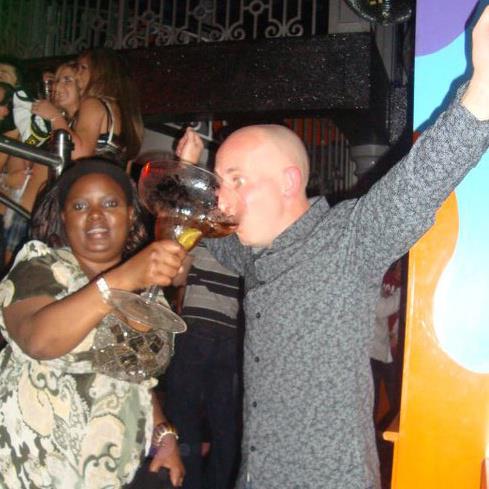
I wasn’t present for my son and I was totally focussed on where to find my next drink. Going sober was the best thing I did for our relationship and we both feel that I am now the best dad that I can be.
I speak to many parents who are worried about talking to their children about their issues with alcohol. They’re often scared that their kids have been damaged by their behaviour and think they’re too far down the line to make a positive change and that the damage to their children has already been done. I know from personal experience that is not the case.
When I decided to quit drinking, I sat down with my then 13-year-old son and told him what I was doing and why I was doing it. He became one of my strongest supporters during my journey to sobriety.
Talk to your kids about your relationship with alcohol
If you have a teenage child like me and you’re worrying about how they might feel about your relationship with alcohol, my advice is to sit down with them and talk.
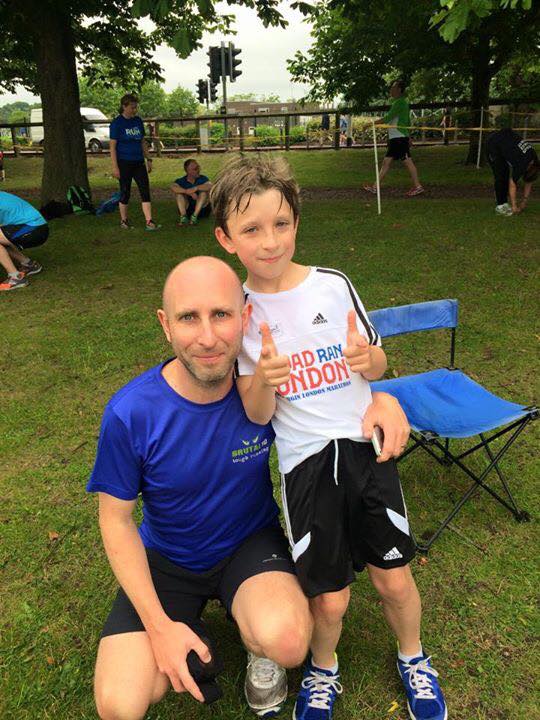
Simply tell them the truth, and I’m almost certain you’ll find accountability and support. Try not to make it too heavy but make sure you make clear what it is that you have decided to do.
If you have younger children, I believe you should speak to them in a way that serves to make them feel totally safe. At the same time, you can allow them to express any fears other feelings they may have.
I know it can seem hard to have this kind of conversation – admitting you aren’t perfect to someone who looks up to you is never comfortable – but believe me, you’ll earn an incredible amount of respect and your kids will sit up and pay attention to what you’re doing.
Living proof
It can also be fun to involve them on the sober journey, and to get them excited by including them in things like treats for your sober milestones. Before you know it, you’ll have a valuable support crew willing you on to success.
If you have a child in your house with the promise of a trip to a theme park when you reach 30 days alcohol-free, they’re going to do all they can to make sure you don’t have a drink, and you won’t want to let them down either.
You may think this is all fine in principle, but it would never work in practice. I am living proof that it does.
My son has seen me from both sides — the boozy dad and the sober dad — we often speak about my decision to remove alcohol from my life. He recently told me in no uncertain terms that he much prefers the alcohol-free version, and when I asked him why, he said it was because I’m much calmer, less moody, and more fun to be around these days.
The great thing is that I also enjoy his company more because I’m present and engaged when we do things together. Our relationship is the best it’s ever been and is going from strength to strength.
So do take the time to talk to your kids. It may help to plan what you’re going to say in advance, but I assure you it’s one of the most positive and powerful things you can do on this journey.
Your children can form your greatest support team — being accountable to them is a huge motivator. If you take the plunge and involve them in your journey to sobriety, it will improve your relationship 100 per cent and make you a better dad.
My top ten tips for quitting alcohol for good
Step 1: Change your mindset about alcohol so your thinking changes from “can’t have” to “don’t want”. The way I did this was by reading sober books.
Step 2: The first 30 days are the toughest. Join a quit drinking programme like joinbesober.com for additional support, accountability, tools and tactics…
Step 3: Join Facebook sober groups so you’ve got support and accountability.
Step 4: Arm yourself with alcohol-free alternative drinks. There are hundreds available and it’s great fun exploring it all.
Step 5: Pour away your alcoholic drinks – you don’t want them in the house.
Step 6: Avoid temptation. If you’ve got any boozy nights out arranged for the first 30 days, I’d suggest avoiding them because you might be tempted to drink. When you feel strong enough, carry on as normal.
Step 7: Be passionate. Think about it like, “I’m a sober rebel, I’m doing something amazing, I’m not feeling deprived.”
Step 8: Don’t worry if you slip up. It can happen, don’t beat yourself up, learn from it and move on.
Step 9: Stay engaged as the weeks and months roll by. You’ll see loads of positive changes to your body, your mind and your life. Keep reading books and keep engaged with Facebook groups.
Step 10: Find new things to do with your time. When you stop drinking you’ll have a lot more time on your hands. You’ll also feel a lot more motivated and enthusiastic to go and do stuff, and you want to fill the void. If you were going to the pub every night, you might join a bootcamp or something like that instead.
The Sober Survival Guide by Simon Chapple is available now from Amazon, RRP £9.97.


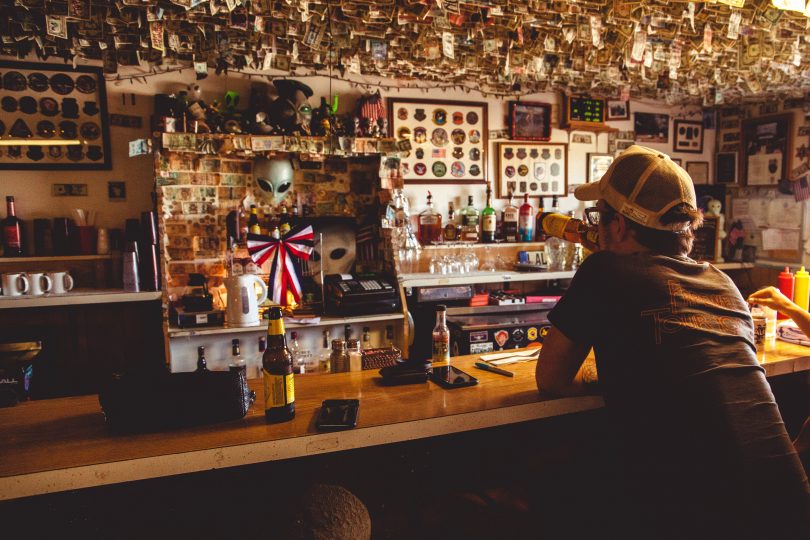












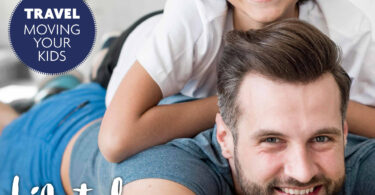










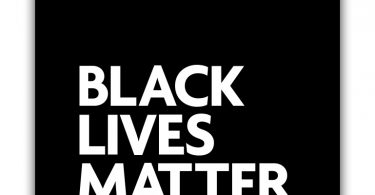


Leave a Comment
You must be logged in to post a comment.